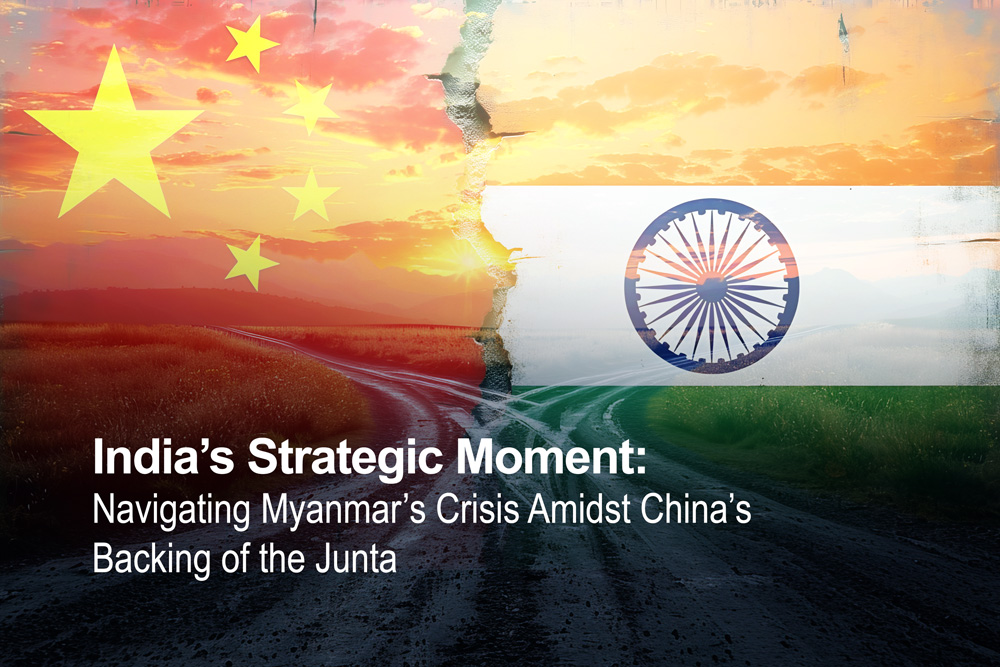In response to persistent maritime coercion from China, the Philippines and Vietnam are reinforcing their strategies to protect territorial integrity and uphold international maritime laws. This development is detailed in the recent Security Nexus Perspective “Coercion in the Maritime Domain: How Can the Philippines and Vietnam Counter It?” by Amparo Pamela Fabe and Tran My Hai Loc.
The nations are modernizing their naval fleets, conducting joint patrols, and deepening ties with global powers like the U.S., Japan, Australia, and the EU.
They plan legal action against China for environmental damage in the Scarborough Shoal, emphasizing the 2016 Hague ruling. Additionally, they aim to diversify economic partnerships, reducing dependency on China, with a goal of increasing bilateral trade to $10 billion by 2030.
Recent agreements, such as the Mutual Logistics Support Arrangement with New Zealand and improved cooperation between their coast guards, underscore a unified stance against aggression. Despite challenges, the Philippines and Vietnam are committed to a rules-based international order, aiming to ensure regional stability.
The views expressed in this article are the author’s alone, and do not necessarily reflect the official position of the DKI APCSS or the United States Government.









Leave A Comment